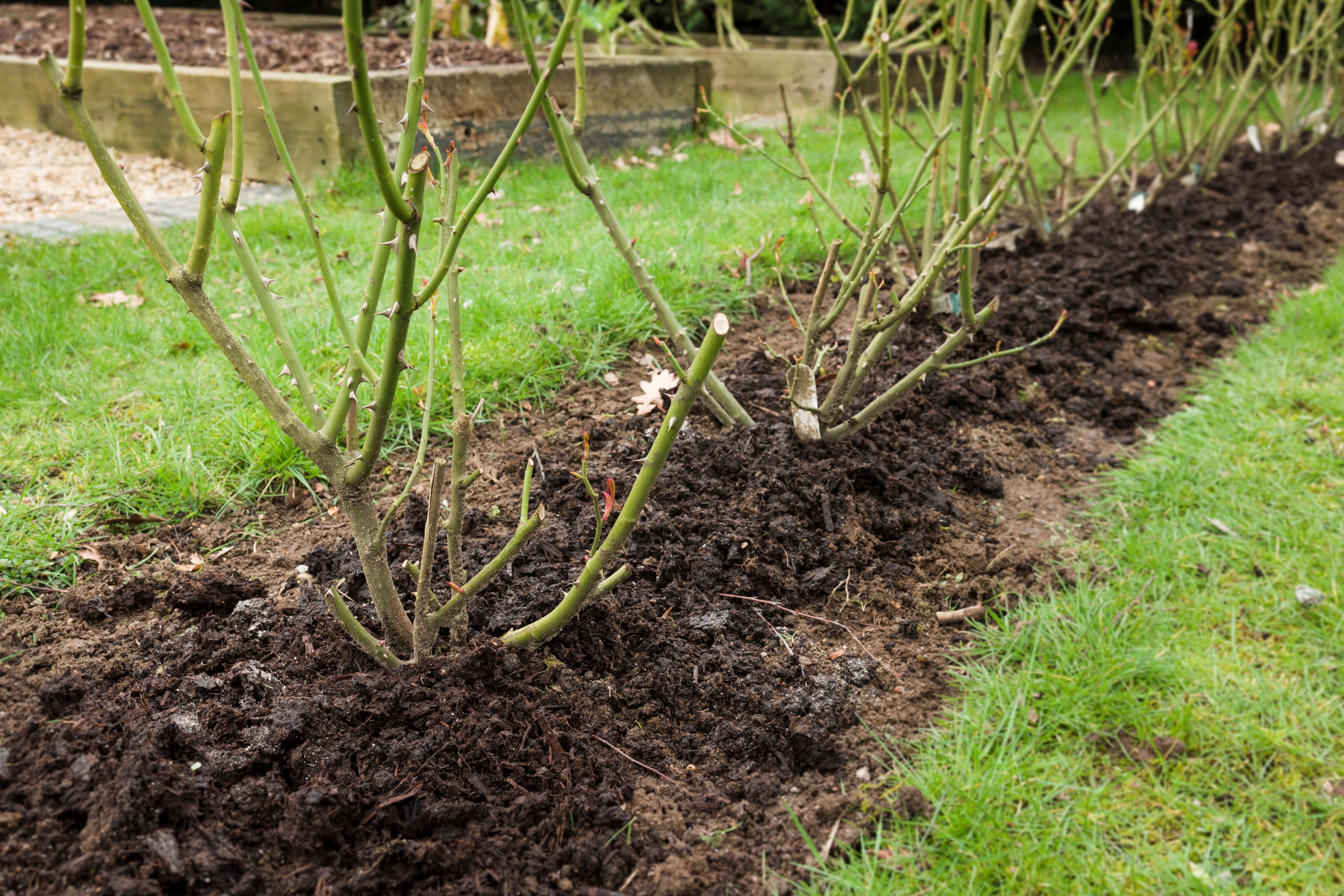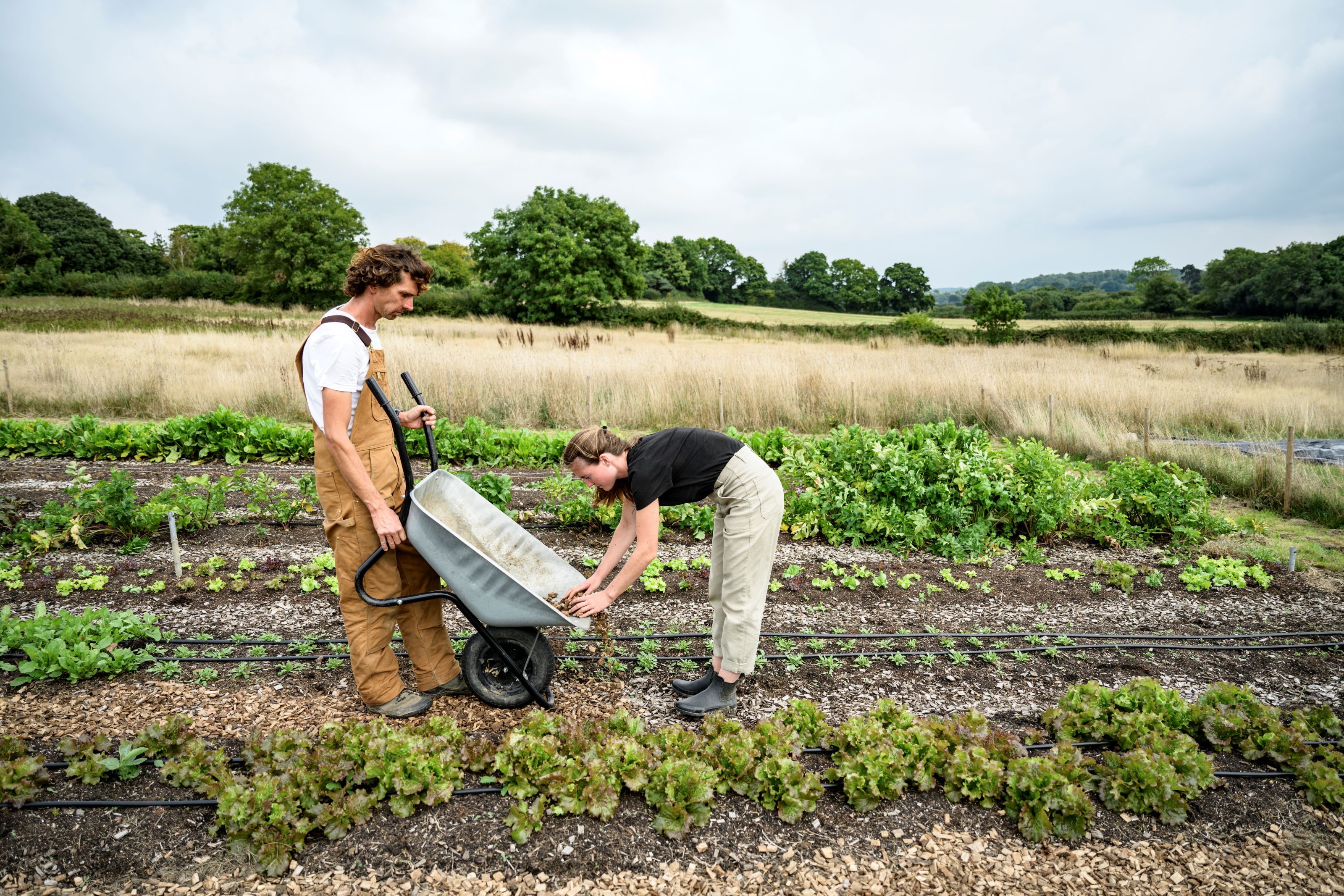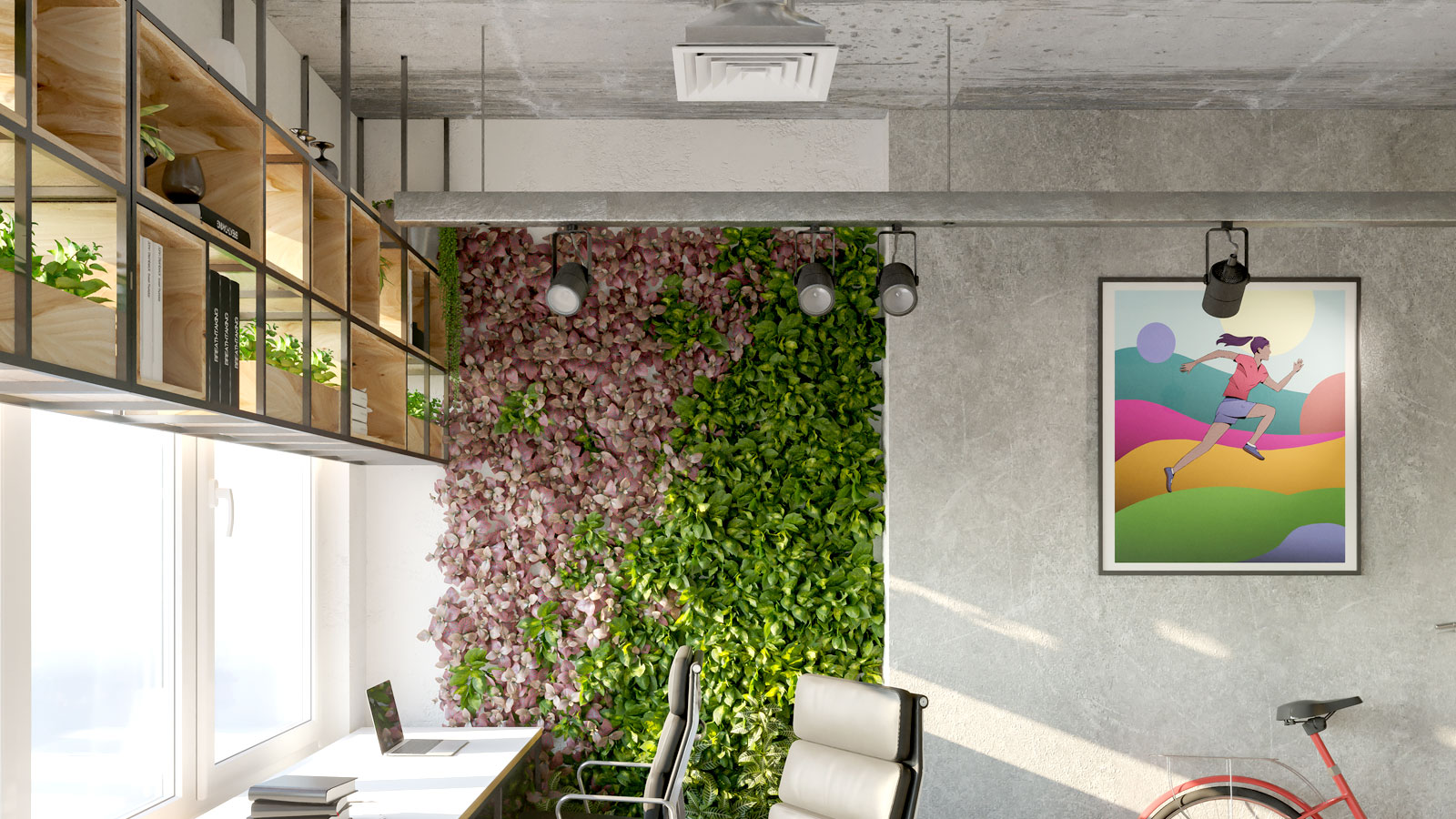What is mulching? How mulch makes plants healthier and helps save water
Mulching is great for your plants and garden. Here's everything you need to know, including the different types of mulch, how to do it and how it can save water in the summer months

What is mulching? Mulching is a gardening practice that uses organic material to preserve moisture and improve the condition of the soil for plants.
It fertilises, protects, and insulates plants and roots, suppresses weeds and helps the existing soil retain moisture in your garden design.
Mulching gives your garden a neat, tidy appearance too and can reduce the amount of time spent on tasks such as watering and weeding. In our guide we look at what is mulching as well as the different types of mulch and how to do it.
What is mulching?
Mulches come in biodegradable and non-biodegradable versions. Both types suppress weeds by blocking sunlight, which is needed to germinate and grow weed seeds, and conserve moisture by reducing evaporation from the soil surface.
Biodegradable mulches break down gradually to release nutrients into the soil and help improve its structure, while non-biodegradable versions do not boost the fertility or structure of the soil, but they do suppress weeds, conserve moisture and look good.
Mulching a lawn involves mowing the lawn without collecting the grass clippings. A mower with a mulcher will cut the grass multiple times into extra fine particles.
They will then be blown back onto the lawn to decompose, therefore returning valuable nutrients back into the soil, improving your grass quality to give your lawn ideas a boost.
What is mulch made of? The different types explained
Organic mulches are made from dead plant material such as compost, leaves, bark or grass clippings. Mulch can also be made from bark, wood chips, leaves, straw, grass cuttings, newspaper or straw.
Amanda Kincaid of lawnmower manufacturer STIGA, says mulched grass acts as natural fertiliser and boosts your lawn’s health. She adds: “The organic matter increases in the soil over time, nurturing the grass down to its roots and boosting growth.”
RocketGro’s Magic Mulch on Amazon is a peat-free natural weed-suppressing mulch made of organic material. It is chemical-free and made from composted down maize, rye, and grass. Meanwhile, Verve Natural Woodchip Mulch from B&Q is made from coloured woodchips to brighten up untidy beds and borders.

How to mulch your lawn and flower beds
RocketGro director Toby Thomas said mulch should be spread about 5cm deep around the plants.
Toby said: “The mulch should be spread about 5cm deep around the plants. Do not mulch too deeply, as this can damage and rot the stems of plants. The soil should be moist before mulching and the area should be free of weeds. Mulch is difficult to wet through, so water if necessary."
Amanda added: “Mulching when done on a regular basis will give a fine finish to any lawn. With mowers that mulch for you, the fine cutting of the grass are possible thanks to the special shape of the deck, where the blade creates an air depression that raises the grass. The strands repeatedly come into contact with the blade, which cuts them with until finely chopped.”
How can mulching help save water?
Mulch covers the soil and prevents the loss of soil moisture by reducing evaporation. Mulching also can increase water infiltration and prevent soil compaction due to dryness, meaning you have to water less often.
Toby said: “You should mulch entire beds or borders late in the winter or early in the spring. As a result, moisture will be trapped in the soil and beds will not dry out so fast in the summer heat.”
Get the Homebuilding & Renovating Newsletter
Bring your dream home to life with expert advice, how to guides and design inspiration. Sign up for our newsletter and get two free tickets to a Homebuilding & Renovating Show near you.
Sam is based in Coventry and has been a news reporter for nearly 20 years. His work has featured in the Mirror, The Sun, MailOnline, the Independent, and news outlets throughout the world. As a copywriter, he has written for clients as diverse as Saint-Gobain, Michelin, Halfords Autocentre, Great British Heating, and Irwin Industrial Tools. During the pandemic, he converted a van into a mini-camper and is currently planning to convert his shed into an office and Star Wars shrine.

